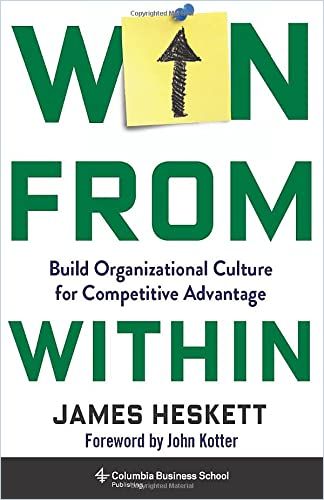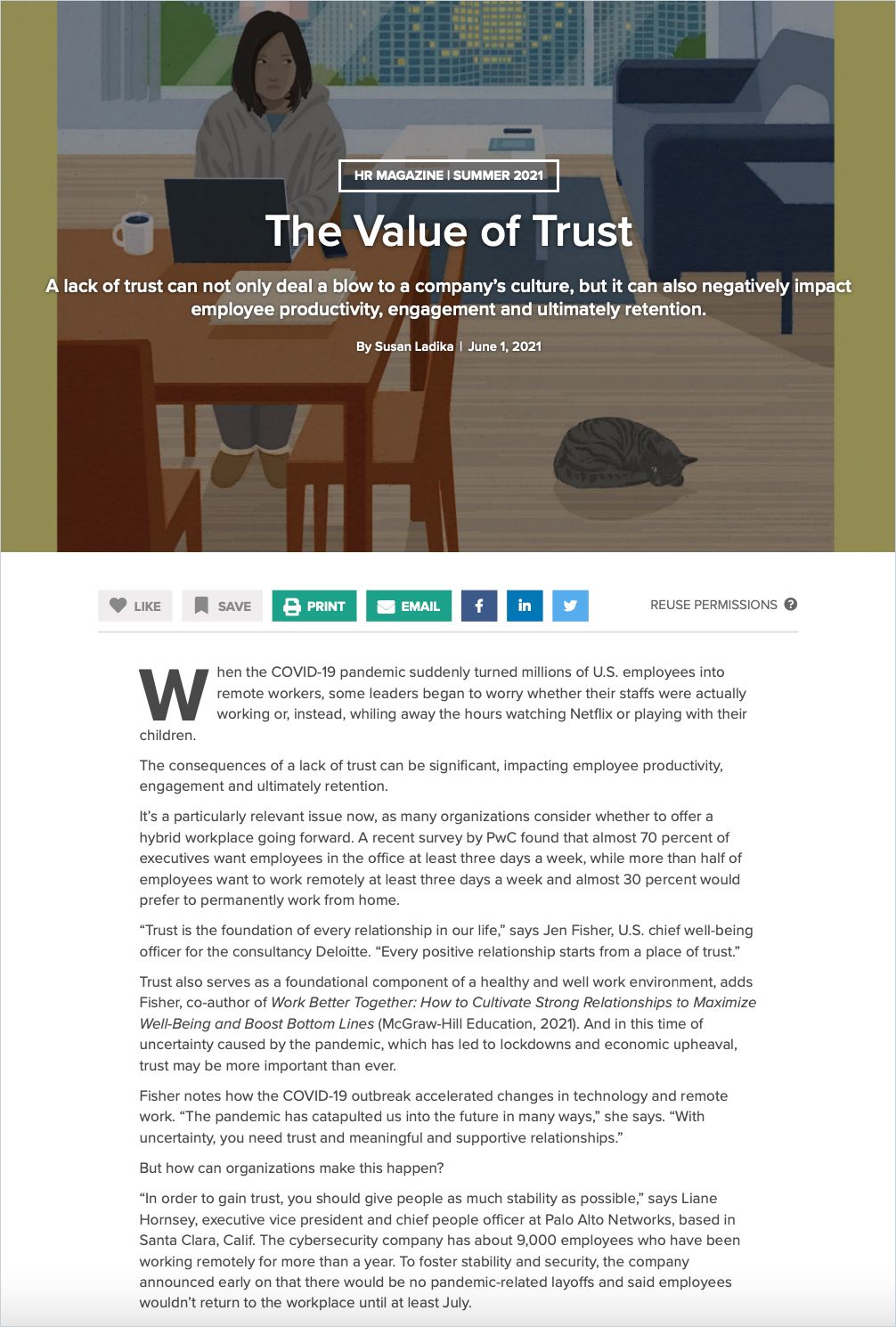2. Trust: Whoever Gives It Receives It

Introducing my wife to my family was a shock for my parents. Usually, it is the other way around. Still, my parents, who worked hard all their lives, dreamed that the studies they financed for me at the University of St. Gallen would quickly open the doors of a rich, Swiss industrial heiress so that I would never have to worry about wealth and quality of life.
The brilliant and beautiful Ecuadorian woman who got off the train with me on arrival at the station, and whom I had already told my mother I would marry, did not correspond to their long-cherished expectations. The two had even said that to me in advance. But: My mother had brought flowers to the platform and, to my surprise, hugged María Fernanda long and warmly. The latter immediately asked, “How do you welcome me so kindly?” And my mother didn’t hesitate for a second with her answer: “If Thomas loves you the way he does, then there must be something to it.”
We are happily married to this day, and my wife’s relationship with my parents has always been outstanding. I am convinced that my mother’s trust laid an essential foundation for this.

The story illustrates that if you want to learn trust, the foundation for good people leadership, you paradoxically have to do one thing first: give it away.
The literal leap of faith is the initial spark for successful cooperation. Of course, it is easier for us if we have been disappointed less often (for example, by neat applicants who turned out to be nincompoops), but if you learn from disappointments, you will not experience them as much.
For example, Meier from the finance department knows how to handle expenses more efficiently and tells you so at the company happy hour. Don’t smile at him or call him out for violating his responsibilities! Instead, ask him to present his idea in a joint discussion with you and his superior. Is it possible to follow up? Does the idea set other initiatives in motion?

Of course, nothing may come of it, and Meier may have overestimated his abilities – but you still haven’t lost anything. On the contrary:
You’re signaling that you value initiative and that a culture of openness that develops within trust also encourages others to get involved.
Three rules:
- Giving away trust means taking yourself and others seriously.
- Whoever gives away trust signals trustworthiness and lays the foundation for cooperation at eye level.
- Cooperation at eye level gradually minimizes the need for control and, after some time, ensures the eradication of resource-consuming micromanagement.
Find all columns here.






